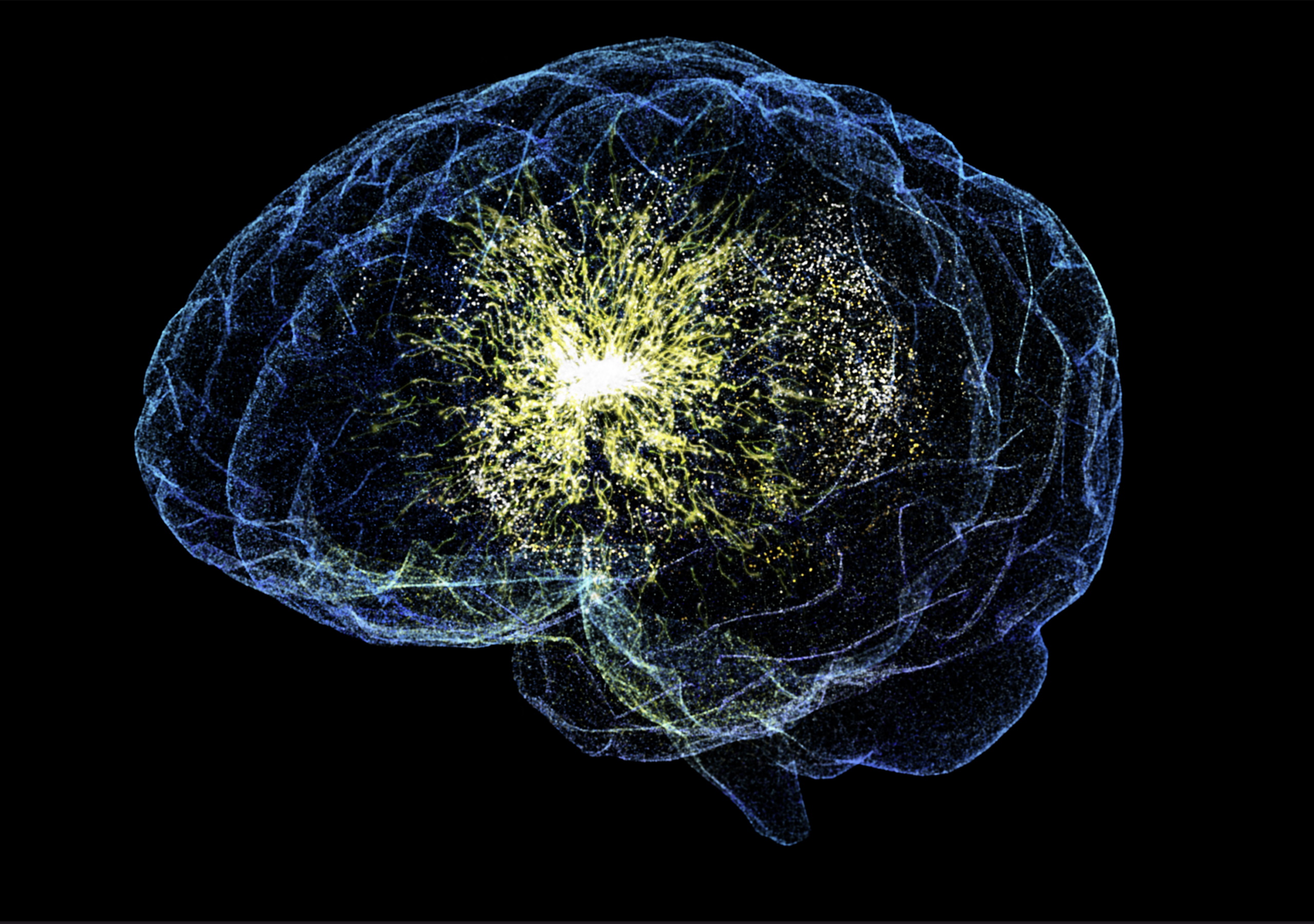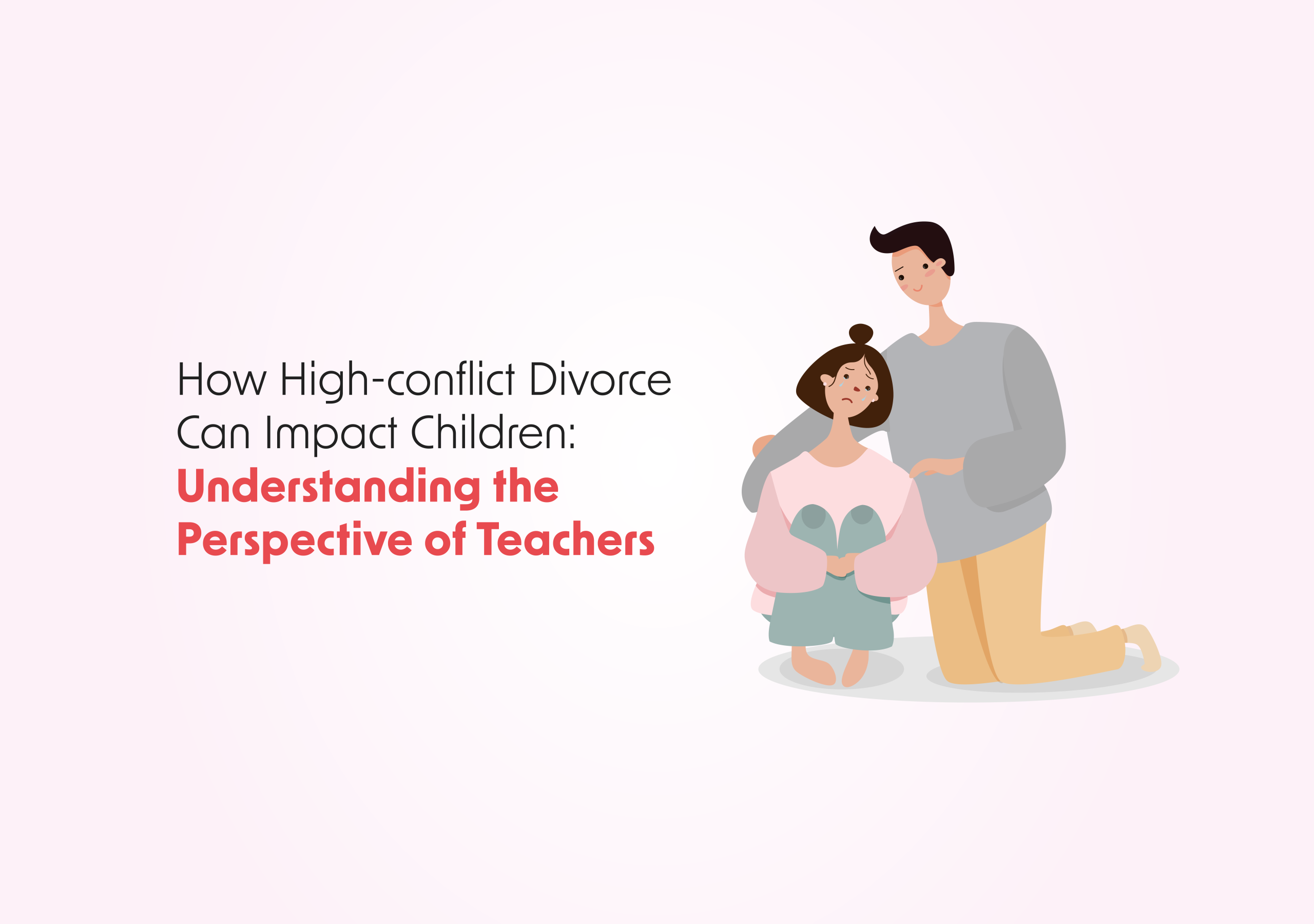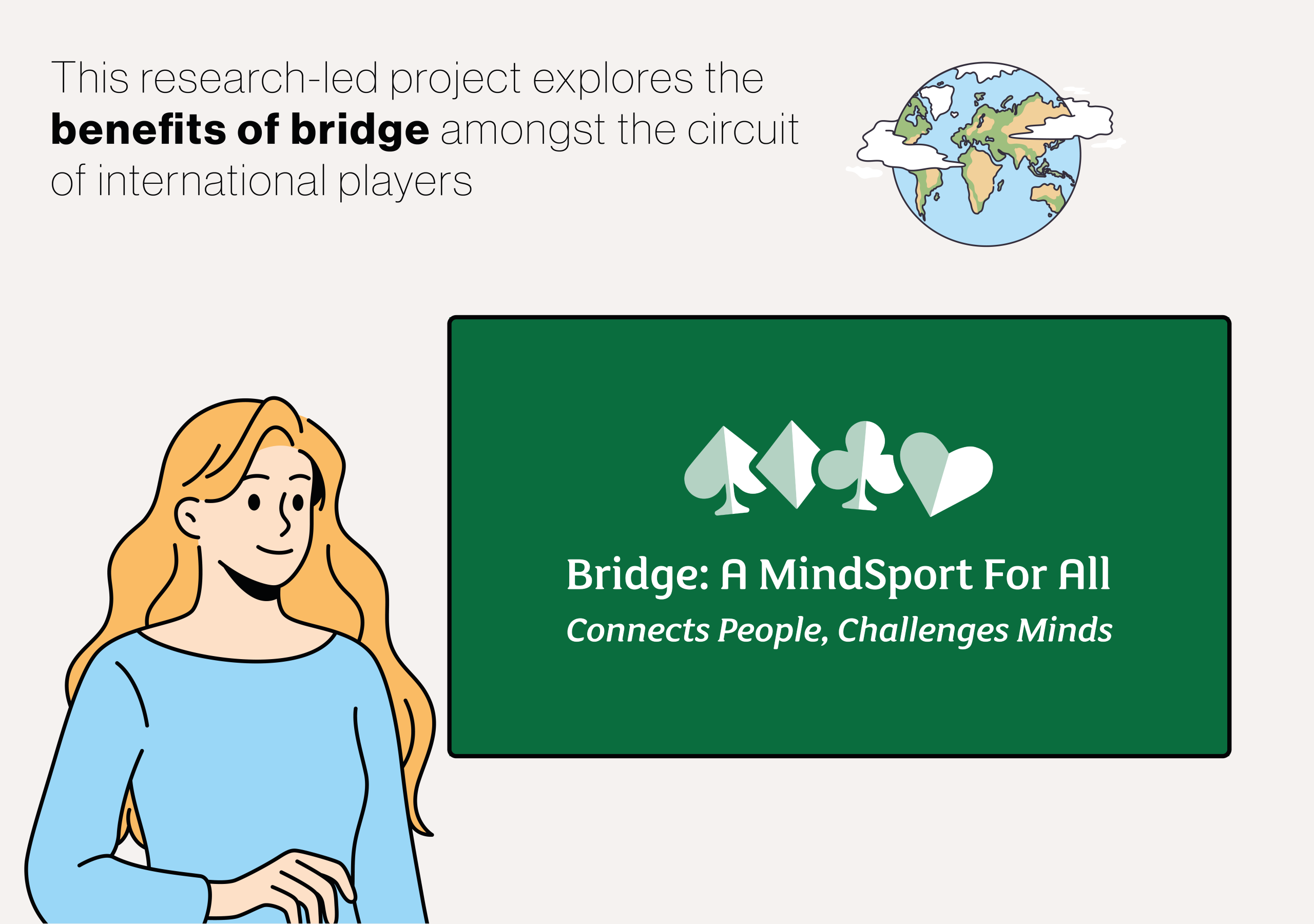Research by Professors Bernd Schlipphak and Oliver Treib, both of the University of Münster, along with Doctor Constantin Schäfer of ifok GmbH, Germany, reveals how people’s sense of global identity influences their support for international organizations. Their work demonstrates that reforms to international organizations can have opposing effects on different groups of citizens, potentially increasing societal divisions about global cooperation. More
International organizations (or IOs for short) such as the United Nations, World Trade Organization, and European Union play crucial roles in addressing global challenges. However, over the past two decades, these organizations have faced increasing criticism from citizens across the world, with many people voting for politicians who oppose international cooperation.
In response, international organizations have tried various reforms to regain public support. But how do citizens actually react to these reforms?
According to research by Bernd Schlipphak, Constantin Schäfer and Oliver Treib at the University of Münster, the answer depends significantly on citizens’ sense of global identity, and specifically, how cosmopolitan they feel.
Cosmopolitan identity refers to the degree to which someone feels they belong to humanity as a whole, rather than just their local community or nation. Some people feel at home anywhere in the world, while others feel strongly rooted in one specific place. This identity shapes not only how people view international organizations in general, but also how they react to specific features of these organizations.
The researchers focused particularly on how citizens respond to different levels of IO authority – the power these organizations have to make and enforce decisions. This includes two key aspects: whether member countries must implement IO decisions (called “bindingness”), and whether individual countries can veto decisions they disagree with.
To test how cosmopolitan identity influences reactions to IO authority, Professor Schlipphak and his colleagues conducted a large survey experiment. They surveyed 12,000 participants across six European countries: Denmark, France, Germany, Hungary, Poland, and Spain.
The researchers used an innovative approach to measure cosmopolitan identity, asking participants “Where do you feel at home?” with answers ranging from feeling at home in only one specific place to feeling at home anywhere in the world. This method helped distinguish between genuine identity and mere political attitudes toward globalization. Each participant then evaluated eight different scenarios about how an international organization might operate, rating their support on a six-point scale.
They then presented the participants with different scenarios about how an international organization decides over a new policy. The scenarios varied not only in terms of authority but also in other aspects such as transparency, citizen participation, and effectiveness. This comprehensive design allowed the researchers to isolate the specific effect of authority while controlling for other factors that might influence support for international organizations. They also carefully selected countries that represented different lengths of EU membership, population sizes, economic wealth, and geographical locations to ensure their findings weren’t limited to specific national contexts.
The results revealed a striking pattern: citizens with stronger cosmopolitan identities reacted in completely opposite ways to IO authority compared to those with weaker cosmopolitan identities. When an international organization had stronger authority – such as the power to make binding decisions that countries must implement – people with higher cosmopolitan identity became more supportive of the organization. However, the same increase in authority made those with lower cosmopolitan identity even more sceptical.
Similarly, when it comes to voting rules, more cosmopolitan citizens preferred systems where individual countries couldn’t block decisions, also called majority voting. On the other hand, less cosmopolitan citizens strongly preferred giving each country veto power. While this effect was not as pronounced, the results of the study are clear – authority matters for IO domestic support but in opposite directions for conflicting societal groups. The researchers found these opposing reactions were specific to questions of authority – both groups responded similarly to other aspects of IOs, such as transparency or effectiveness.
This finding has important implications for international organizations trying to reform themselves to regain public support. Changes that make one group of citizens more supportive may simultaneously alienate another group. For example, giving an IO more authority to enforce its decisions might please more cosmopolitan citizens while driving away those who feel less globally connected.
The research team suggests this dynamic contributes to a growing societal divide over globalization. Just as traditional political divisions exist between left and right, or religious and secular, a new division is emerging between those who embrace global governance and those who prefer national sovereignty. Changes to IO authority can intensify this divide by pushing the two groups further apart in their views.
This presents a difficult challenge for international organizations. The researchers found that all citizens tend to support improvements in IO performance (how well they solve problems) and procedure (how transparent and participatory they are). However, making an IO more effective often requires giving it more authority – which brings back the problem of opposing reactions based on cosmopolitan identity.
Professor Schlipphak and his colleagues used the European Union as their example of an IO, as it has particularly high levels of authority among international organizations. However, the researchers argue their findings likely apply to other IOs as well. For example, one aspect of the study examines how member states can opt out of shared policy decisions. This leads to differentiated integration, a key issue in EU reform debates but also extremely relevant for other IOs with similar mechanisms.
The research reveals that the public’s awareness of IOs is growing over time. As IOs have become more prominent in addressing global challenges such as climate change and pandemics, citizens’ fundamental identities increasingly influence how they view these organizations. When the public is aware of IO reforms, people’s cosmopolitan identity shapes whether they see changes as positive or negative.
These findings suggest that IOs face a complex balancing act in maintaining public support. Simply making technical improvements to their operations may not be enough – they must also navigate the reality that citizens have fundamentally different visions of what role these organizations should play in the world.
For the scientific community, this research demonstrates the importance of considering citizens’ long-term identities and predispositions when studying attitudes toward international cooperation. The discovery that similar institutional changes can produce opposite reactions in different groups suggests there may be fundamental patterns in how citizens engage with global governance based on their sense of identity.
Looking ahead, Bernd Schlipphak, Constantin Schäfer and Oliver Treib’s understanding of how identity shapes support for IOs raises important questions about the future of global cooperation. As IOs continue to evolve, finding ways to maintain legitimacy across different identity groups may be crucial for addressing transnational challenges that require coordinated global action.







